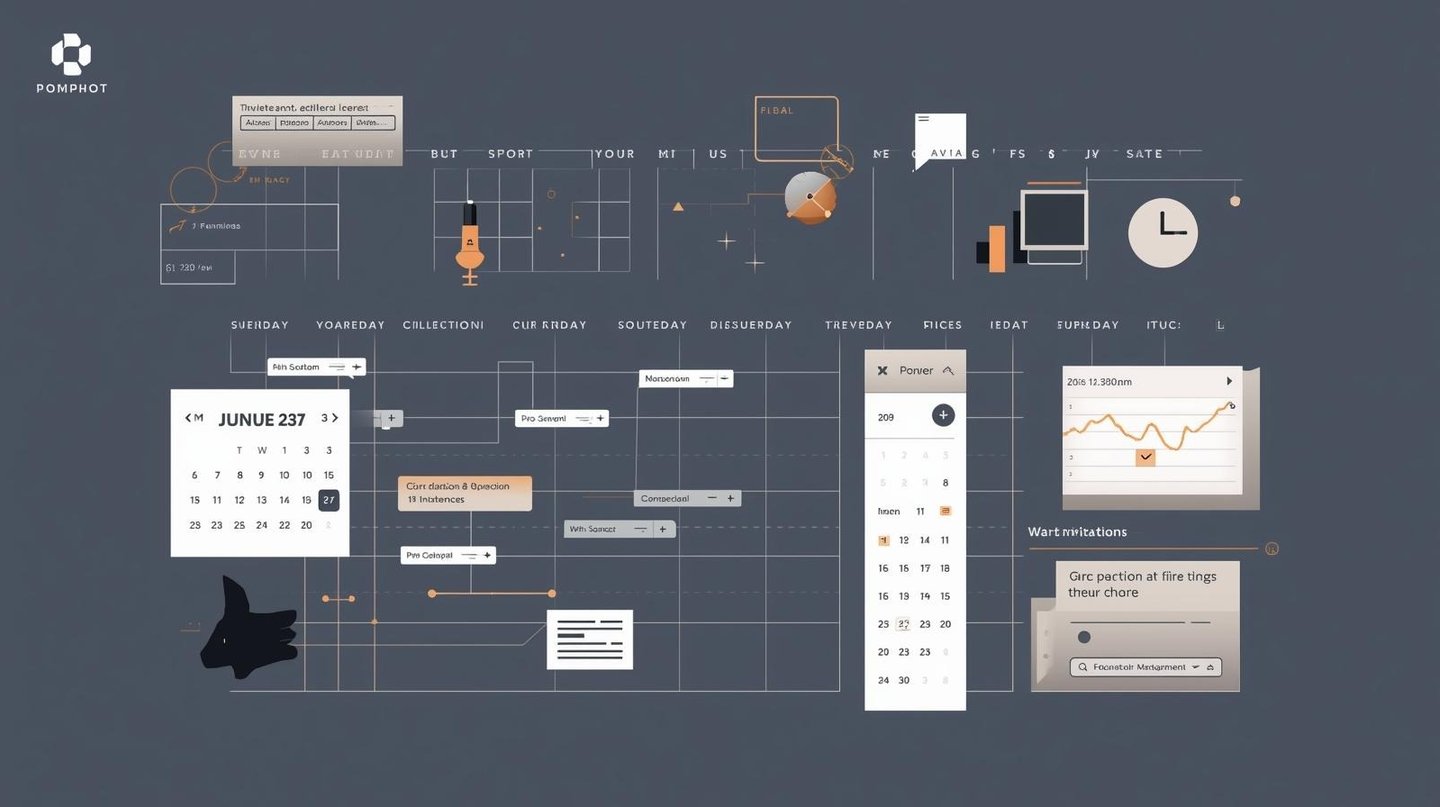Start sending invites for free - no card required - Click here
Efficiently Managing Calendar Invites for Large Meetings
Scheduling meetings efficiently is critical in today’s fast-paced business environment. Whether it’s a team sync, client meeting, or webinar, calendar invites ensure participants are aligned on time, agenda, and meeting links. For larger gatherings, understanding how to send mass meeting invite or handle multiple calendar invites becomes essential to avoid confusion and save time.
BLOGS
9/30/20252 min read


Scheduling meetings efficiently is critical in today’s fast-paced business environment. Whether it’s a team sync, client meeting, or webinar, calendar invites ensure participants are aligned on time, agenda, and meeting links. For larger gatherings, understanding how to send mass meeting invite or handle multiple calendar invites becomes essential to avoid confusion and save time.
This article explains best practices for bulk invitations across Gmail, Outlook, Google, and Office 365, helping organizers streamline event planning and maintain professionalism.
What Are Calendar Invites?
A calendar invite is a digital request sent to attendees, automatically syncing with their calendar application. Key elements include:
Event name
Date and time with time zone
Meeting link or location
Agenda and additional resources
Unlike standard emails, calendar invites update participants automatically if details change, reducing missed meetings or scheduling conflicts.
Why Bulk Invites Are Important
Managing multiple participants individually can be inefficient, especially for webinars, corporate town halls, or training sessions. Bulk invites simplify the process, ensuring accuracy and reducing administrative work. Examples include:
Inviting employees across departments
Scheduling client workshops
Coordinating global webinars
Sending Mass Invites in Gmail
Google Calendar makes it easy to send mass meeting invite in Gmail:
Create a new event in Google Calendar.
Add multiple recipients individually or via a contact group.
Confirm the meeting link and agenda are included.
This approach also works well if you need to send bulk meeting invite in Gmail for webinars or company-wide events.
Bulk Invites in Outlook
Outlook is widely used in corporate environments. To create a bulk calendar invite in Outlook:
Open a new meeting request.
Add participants manually or via a distribution list.
Include all relevant links and materials.
This ensures everyone receives the invitation simultaneously, reducing confusion and overlapping responses.
Bulk Scheduling in Google and O365
Bulk calendar invites in Google: Use groups or shared contact lists to send invites to multiple recipients.
Bulk calendar invites in O365: Distribution lists make it simple to schedule events across departments or global teams efficiently.
Both systems support large-scale scheduling while keeping invites accurate and professional.
Best Practices for Multiple Calendar Invites
Plan Ahead: Schedule early to give participants ample notice.
Use Clear Titles: Ensure the event name reflects the purpose.
Provide Complete Details: Include agenda, meeting links, and attachments.
Segment Participants: Send only relevant invites to avoid overload.
Send Reminders: Use built-in reminders to improve attendance.
Conclusion
From Gmail to Outlook and O365, managing calendar invites at scale is an essential skill for modern professionals. Learning how to send mass meeting invite or organize multiple calendar invites ensures meetings run smoothly, participants are informed, and organizers save time. By following these best practices, even large-scale events can be scheduled efficiently and professionally.
BulkCalendar.in
Send Bulk & Mass Calendar Invites Instantly
Contact us
Engagement
sales@letscalendar.com
+44 (0) 203 916 5117
© 2025. All rights reserved.
Help?
